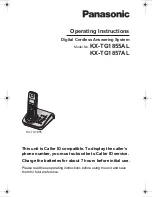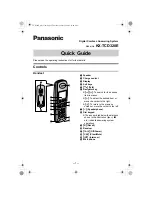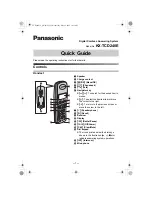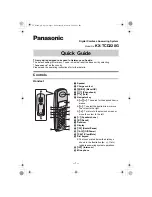
Utility stitches
49
V
A
R
IOU
S ST
IT
C
H
ES
3
■
Shell tuck stitching
The gathers that look like shells are called “shell tucks”. They
are used to decorate trims, the front of blouses or cuffs made
of thin fabrics.
a
Draw equally spaced lines along the bias, and then fold
the fabric along the lines.
b
Attach zigzag foot “J”.
c
Select a stitch, and then increase the thread tension.
• For details, refer to “Stitch Chart” on page 33.
d
Sew while making sure that the needle drops slightly
off the edge of the fabric.
One fold at a time, continue folding the fabric along the
line, then sewing it.
e
After sewing is finished, remove the fabric. Unfold the
fabric, and then iron the tucks down to one side.
■
Joining
Decorative bridging stitches can be sewn over the seam
allowance of joined fabrics. This is used when making a crazy
quilt.
a
Attach zigzag foot “J”.
b
Sew together the right sides of the two pieces of fabric,
and then open up the seam allowances.
c
Select a stitch.
• For details, refer to “Stitch Chart” on page 33.
d
Turn the fabric over so that the right side faces up, and
then sew over the seam with the center of the presser
foot aligned with the seam.
■
Using the twin needle
With the twin needle, you can sew two parallel lines of the
same stitch with two different threads. Both upper threads
should have the same thickness and quality.
a
Install the twin needle.
• For details on installing a needle, refer to “Replacing
the Needle” on page 20.
b
Pass the first upper thread behind the needle bar
thread guide.
• For details, refer to steps
a
through
j
of
“Threading the upper thread” on page 15.
c
Manually thread the left needle with the first upper
thread.
Insert the thread through the eye of the needle from the
front to the back.
No.
25
Stitch
1
Needle drop point
No.
27
28
29
Stitch
a
CAUTION
• Only use the twin needle (2.0/11 needle, part
code: X59296-121), and never use the needle
threader with the twin needle.
Otherwise, the needle may break or the
machine may be damaged.
• For stitch patterns that can use the twin
needle, refer to the “Stitch Chart” on page 33.
After specifying the settings, turn the
handwheel toward you and check that the
needle does not touch the presser foot.
















































